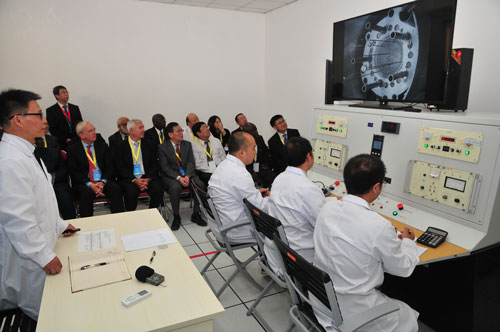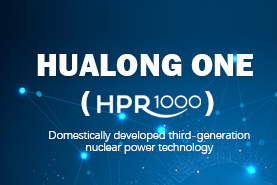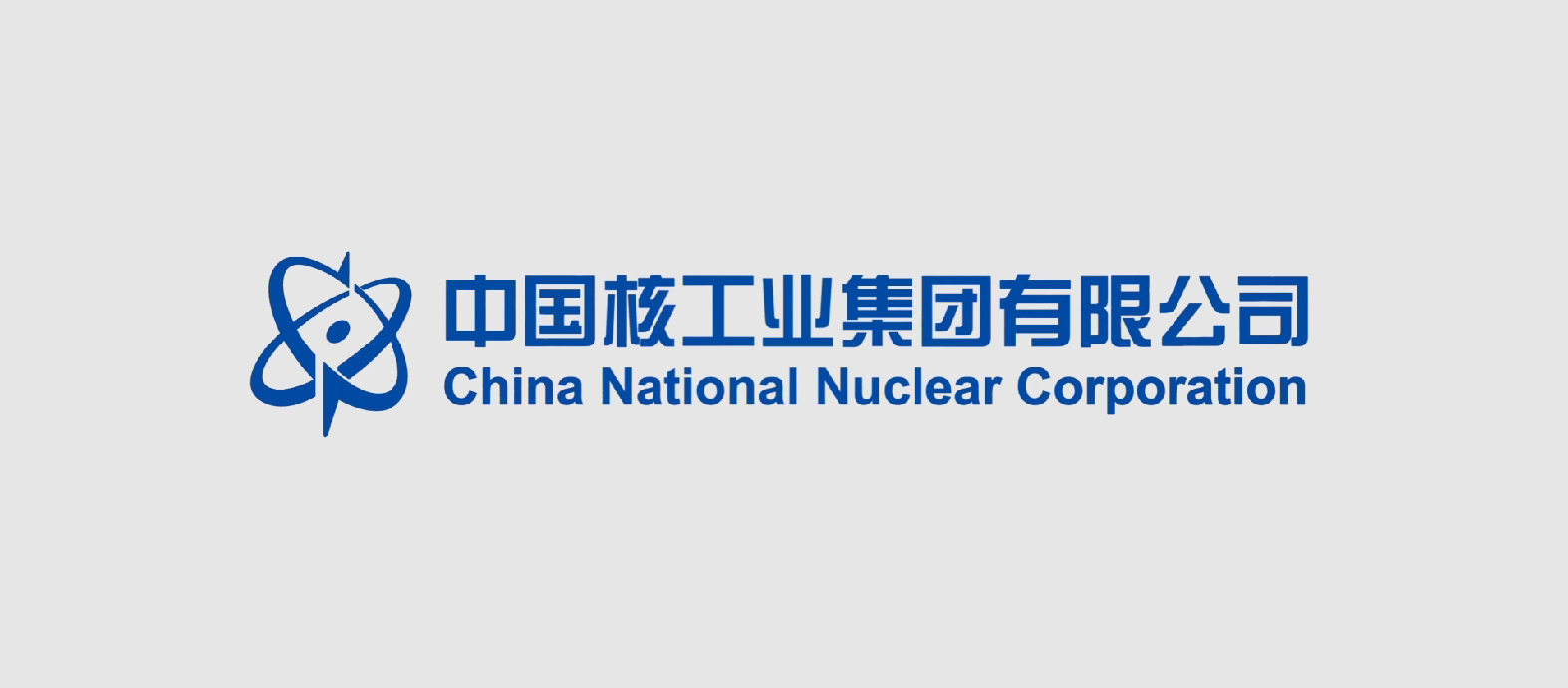Critical experiment in Ghana low-enrichment micro reactor succeeds
The China institute of atomic energy (CIAE) of the China National Nuclear Corporation (CNNC) carried out a successful zero power critical experiment in the Ghana atomic micro reactor low-enrichment renovation project, which is undertaken by China, on July 27. It is a significant landmark in the project, marking completion of all the technical preparations in China.

It is also another breakthrough by China in practicing its international commitment to cooperate in lessening high enrichment uranium usage, following its putting the first micro reactor low-enrichment renovation project into full-power operation. Thus the latest event drew officials and experts from organizations around the globe including the International Atomic Energy Agency, the United States Department of Energy, the Ghana Atomic Energy Commission, and representatives from Nigeria, Syria, Pakistan and Thailand.
In accordance with the “Five Proposals” raised by China President Xi Jinping and the Sino-US Joint Statement reached at the 4th Nuclear Security Summit in Washington in March, the project perfectly embodies the international cooperative spirit in nuclear non-proliferation and offers an example for the world in its future along that course.
Micro reactor low-enrichment is an effort to replace high enrichment uranium with low-enrichment reactor core fuel on the premise of reducing the reactor core’s size. With small size, low power and excellent security and maneuverability, a micro reactor can be constructed in universities and research institutions of large and medium sized cities for wide application in neutron activation analysis, radioisotope preparation, and teaching and training, as well as physical reactor experimentation and instrument testing.
Propelling the effort meets out country’s nuclear non-proliferation policy and supports international nuclear security. CIAE developed China’s first prototype micro reactor in the 1980s, and since then made eight micro reactors for both Chinese and overseas customers, including the one in Ghana in 1995. This March, the institute had conducted a successful low-enrichment renovation on the prototype reactor.


